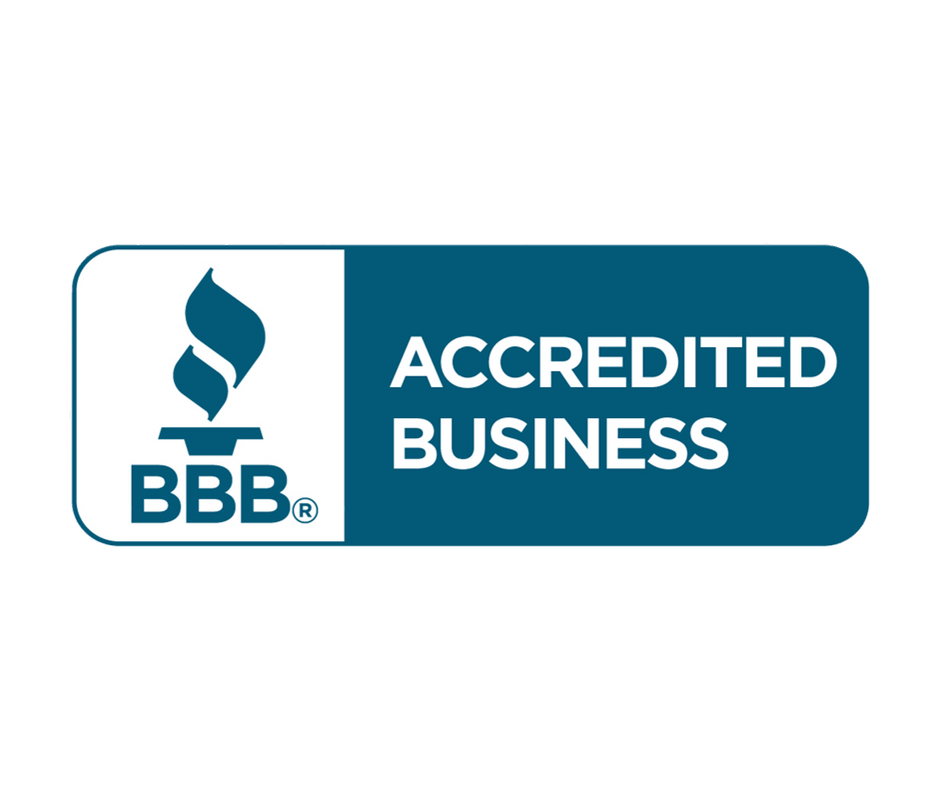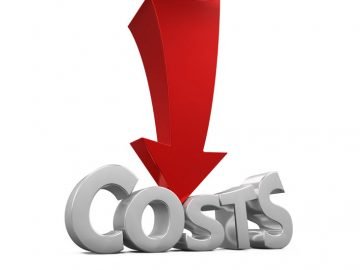Want To Improve Your Credit Score? Here’s How
Credit Scores are Used to Measure Your Financial Health
Your credit score is used by lenders, renters, creditors, and more to measure your financial health. The higher your score, the easier it will be to get approved for loans, credit cards, and even an apartment. A higher credit score can also allow you to get the lowest interest rates when buying a house or car.
If you want true financial health and stability, you should aim to improve your credit score. Here’s how.
Check Your Credit Reports
If you want to improve your credit, you should at least know what your score is. However, you should also know what’s on your credit report, including what factors are helping you and which are hurting you. To pull a copy of your credit report, you can contact each of the three credit reporting bureaus: TransUnion, Experian, Equifax. Once you have the three reports, you can see what’s impacting your score. Factors that impact your credit score include:
- Payment history
- Credit usage
- Age of credit
- Credit mix
- New credit inquiries
Your credit report may also help you uncover a potential problem. For example, if someone has opened up a credit card in your name and has been using it, it will likely show up on your report after some time. At the very least, you should view your credit report once a year to make sure nobody has tried to steal your identity, which can drastically affect your overall financial health.
Pay Your Bills

If you want to get a mortgage loan, you’ll need to prove that you can pay your bills on time. One way lenders can determine if you’re someone who has the ability to repay the loan is by looking at credit scores. Of course, some loans, such as a first-time homebuyer (FHA) loan, have a lower requirement for credit scores, but you should aim to improve yours to get the best possible interest rate on your loan.
Most lenders use FICO scores to check your credit score, in which your payment history impacts 35% of your score. Because of this, it’s essential to always pay your bills, including student loans, personal loans, and even car insurance, to help boost your credit score.
An easy way to improve your credit score is to avoid late or missed payments. When possible, always set up automatic payments for your bills, including student loans, rent, personal loans, and your mortgage payment.
You may also choose to put all of your monthly payments on one credit card so you only have one bill to pay at the end of the month.
Lower Your Credit Utilization

The percentage of your credit limit that you use monthly is referred to as your credit utilization. It’s always best to keep your utilization at less than 30%, and the lower, the better. To make sure you’re not getting too close to your credit limit, pay your credit card balances in full when they’re due. If you can’t pay them in full, try to keep your outstanding balance at less than 30% to ensure your utilization is less than 30%.
If possible, set up a high balance alert for your credit card that will alert you when you’re close to your new limit. You can also ask your credit card company or bank to increase your credit limit. Your credit limit will depend on your annual income, so it’s easy to be approved for a higher limit as long as your bank believes you can afford it.
You can also monitor your credit card spending with professional tax software or check your bank statements weekly or monthly to ensure you’re not overspending.
Limit Hard Inquiries

When you request a loan or credit card, the company will inquire into your credit history. There are two types of credit inquiries. A soft inquiry is typically made by potential employers or financial institutions who already provide you with a credit card. These inquiries into your credit do not lower your credit score, but hard inquiries do.
Hard inquiries typically lower your credit score from anywhere from a few months to a few years, depending on the number of hard inquiries you have into your credit history. Hard inquiries might include applications for new credit cards, mortgages, auto loans, and a new form of credit. Occasional hard inquiries might not have long-lasting effects, but you should limit the number of hard inquiries over time. For example, you might not want to apply for a home loan and a car loan at the same time.
Boost Your Credit File

If you don’t have enough credit history to get a credit score, you have a thin credit file. Many people have thin credit scores because they don’t have credit cards or mortgages. However, you can fatten up your file and get a good credit score easily. There are many free programs that can help you collect financial data not generally in a credit report, including utility payments, to generate a credit score for you.
Keep Old Accounts Open

Credit age proves to lenders that you’re trustworthy and have been paying your bills on time for an extended period of time. The older your credit age, the higher your score and the better you look to lenders. While you may think about closing an account for an old credit card you no longer use, you should always keep old accounts open and use them sparingly to ensure the credit card company won’t close your account after a period of inactivity.
Additionally, you should keep accounts open to keep your credit utilization ratio low. Closing these accounts decreases your available credit, which could increase the percentage of credit you’re using if you don’t make other financial changes.
Monitor Your Credit Score

While you can’t pull a free credit report more than once a year, you can check your credit score as often as you like through your financial institution or free services online. Monitoring your credit score can help you determine what’s working for you and what’s hurting you to help you make better decisions.

Article Writen By Matt Casadona
Matt Casadona has a Bachelor of Science in Business Administration, with a concentration in Marketing and a minor in Psychology. Matt is passionate about marketing and business strategy and enjoys San Diego life, traveling, and music.
Brought to You by OutFactors
This information is provided by OutFactors, a home cash buyer. At OutFactors, we buy houses as-is for cash and close quickly. To get a great cash offer on your home, you just need to enter your address and answer a few simple questions about your house. The entire process only takes about 2 minutes, and personal information is NOT required. Yes, that is correct! No registration, no telephone number, no email address – not even your name.
If you get started now, 10 days later, you can be sitting at a table signing the closing documents and collecting the cash for your house. So get your cash offer now!
OutFactors
539 West Commerce Street
Suite 1205
Dallas, Texas 75208
Contact@OutFactors.com
(800) 420-7030
Improve Your Credit | Raise Your Credit Score | OutFactors – Dallas Fort Worth, Texas





